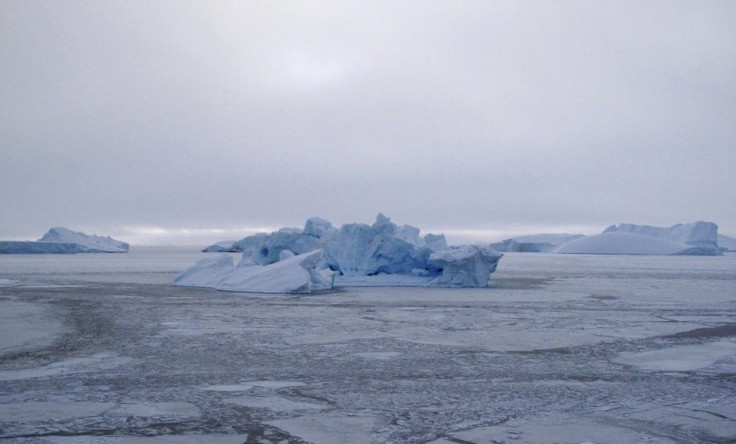Arctic Sea Ice Could Make a Short Comeback, Even Expand Over the Next Decade

Arctic sea ice may be melting away because of the continuous warming of the climate, and that could change, as scientists in Boulder, Colo. say it could temporarily stabilize, maybe even expand, over the next few decades.
Using computer modeling studies scientists at the National Center for Atmospheric Research, or NCAR, unexpectedly found that Arctic ice, under existing climate conditions, is as likely to expand as it is to contract for periods of up to about a decade. The study can be read in the Geophysical Research Letters.
"One of the results that surprised us all was the number of computer simulations that indicated a temporary halt to the loss of the ice," said NCAR scientist Jennifer Kay, who is also the study's lead author, in a statement. "The computer simulations suggest that we could see a 10-year period of stable ice or even a slight increase in the extent of the ice. Even though the observed ice loss has accelerated over the last decade, the fate of sea ice over the next decade depends not only on human activity but also on climate variability that cannot be predicted."
Wind patterns could temporarily halt the sea ice loss, Kay adds, but the ultimate fate of the ice in a warming world is clear.
"When you start looking at longer-term trends, 50 or 60 years, there's no escaping the loss of ice in the summer," Kay says.
Also from computer simulations Kay and her colleagues found that approximately half the observed ice decline in the late 20th century can be attribute to human emissions of greenhouse gases, and the other half to climate variability.
She said july was a monthly record low for arctic ice.
© Copyright IBTimes 2025. All rights reserved.






















